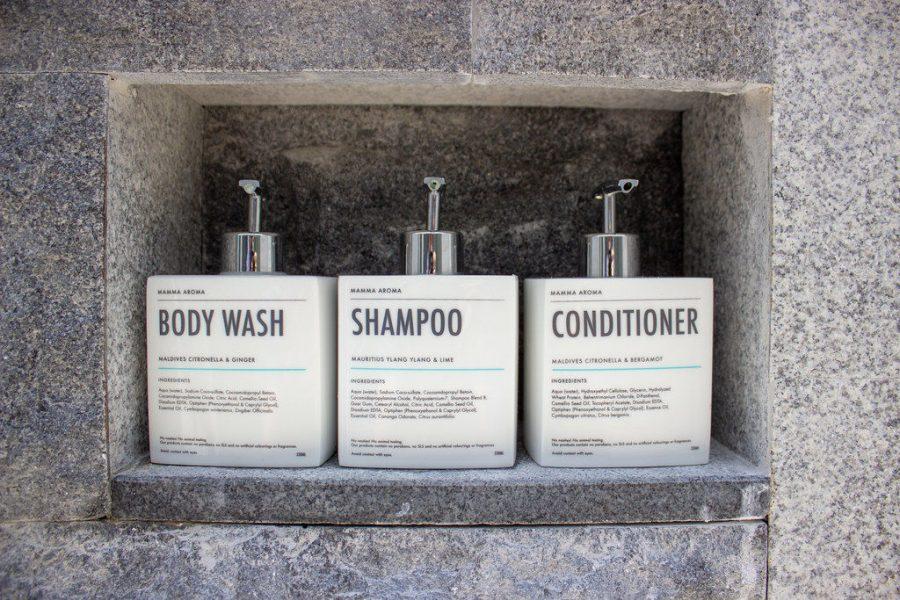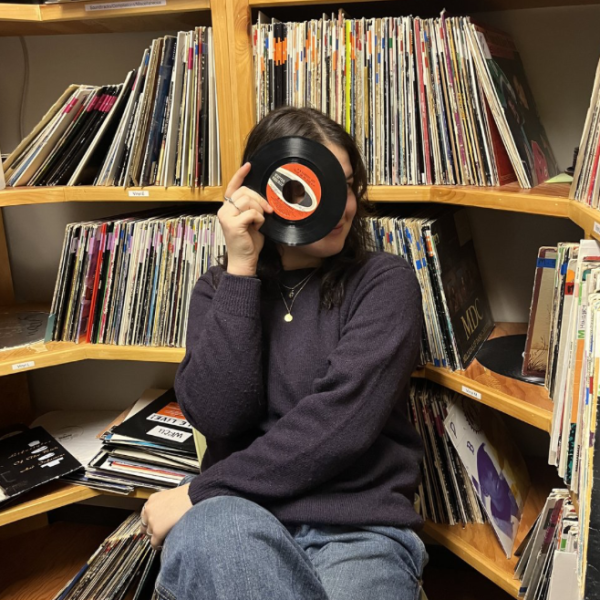Editor’s Column: Shampoo is a Scam
I have not used shampoo in over three weeks. By the time this article reaches the printing press, it will be four. Whenever I tell people this, they look at me with confusion and apprehension, scanning my hair for obvious side effects from a routine that most people would consider insufficient and uncleanly. To their surprise, they find none. One of my suitemates had no idea I was going without shampoo until last week when she complimented my hair and I revealed to her I had stopped using the “essential” product three weeks ago. My hair is healthier, softer, shinier and takes much longer to appear greasier than when I was using shampoo rather than just conditioner. My scalp is healthier too. So how has an entire population been convinced that shampoo is absolutely necessary when it negatively impacts both the health and appearance of hair in the long run? Consumer manipulation.
Consumers in America are constantly manipulated, and the presence of shampoo is only one example. We are convinced through media and advertising that certain products are “essential” and must be bought in order to fit into society. When Jennifer Lopez appears on TV and claims that “her perfectly smooth, silky locks” are the result of using drugstore shampoo and conditioner rather than a professional stylist and digital manipulation…you believe it. Or, at least on some level, your brain saves that image and it affects you. When you go shopping or look at your hair in the mirror next, maybe you think your hair is lacking compared to that Instagram influencer, or your favorite movie heroine, and you wonder whether L’oreal Paris will actually make your hair look like J-Lo’s. Now another player is introduced: social media.
Social media is where everyone puts their best face forward. Many instagrams put forward a carefully curated appearance of someone who’s only having the time of their lives and never ever experiences sadness, feels lonely or has body image issues. Therefore, when we have those negative feelings, we think that we must be alone in them and push ourselves further down in comparison to the people living in the digital world of social media platforms. Then, scrolling through the same feed, we see curated ads for hair care products, face serums, face masks and bras that are supposed to “lift” like no other, personalized everything and magic beauty supplements. Companies use this dangerous strategy to sell more unnecessary products than ever before. After awhile, they become so ingrained that it becomes basic hygiene — or you need more products to correct the problems that others cause. You don’t actually need face wash to be clean. You don’t need shampoo. You don’t need a Vitamin C serum. You don’t need a razor. Soap is cool though, please keep using soap. In my opinion, you’ve been convinced you need all these things in order to line the pockets of those who need those profits the least.
When you expand the scope of this idea — the idea that the majority of people are exploited for the benefit of those in financial power — you run into other issues such as political polarization, the wealth gap and rising rates of depression and anxiety in young Americans. The open market system is a foundational piece of society, but the presence of this system in modern and postmodern society is starting to expose its weaknesses. Take a closer look at the products you consider essential. Shampoo is a scam; spread the word and fight the man.















